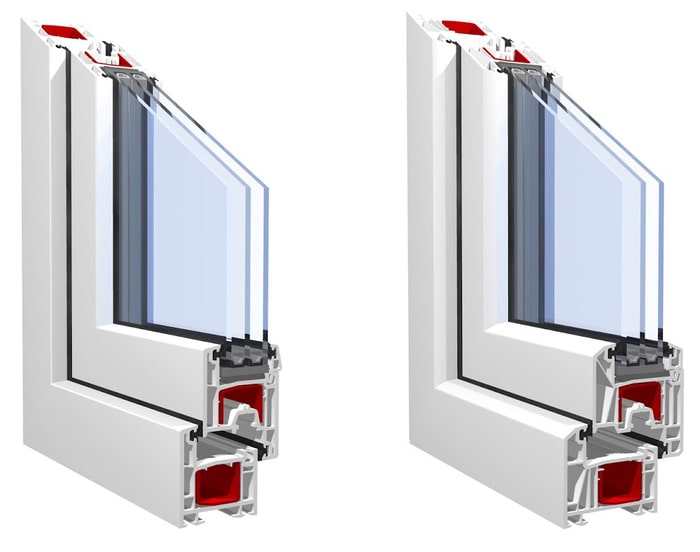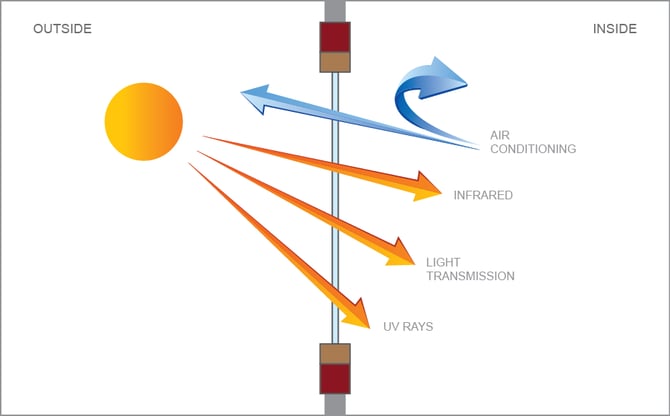All Categories
Featured
Table of Contents
Sustainability in Wandi WA
Laminated glass is frequently used in areas in the house most susceptible to injury from human effect such as bathrooms, doors, around staircases and in areas close to the flooring (it satisfies the requirements of 'shatterproof glass' that is mandated for use in these locations by Australian Standard AS 1288 Glass in buildings).
Toughened glass has been 'tempered' by being reheated and quickly cooled once again. This process makes it much more powerful than standard glass it can resist greater impact loads prior to breaking. It also makes it much safer because, when it does shatter, it gets into numerous little cubic pieces instead of unsafe shards.
The Best Double Glazing Companies In Canberra in Boya WA
Nevertheless, toughened glass has no thermal or acoustic benefits over other glass of the very same toning or density. Secondary glazing is where single-glazed windows are retrofitted with a transparent acrylic or glass sheet connected to the inside of the frame or openable sash with a secondary frame or with magnetic strips.


Secondary glazing will not carry out as well thermally as a made IGU, considering that it is impossible to completely seal the boundary, but it can supply excellent noise control. Window films are a thin polymer film including a taking in dye or reflective metal layer, with an adhesive support. They stick to your glazing to change its colour or make it reflective.
Double Glazing Vs Triple Glazing: Which Should You Choose in Calista Western Australia
Applied to existing glass, some window movies can cut in half the general SHGC of the window by soaking up and/or showing solar radiation. This can be especially beneficial in hotter climates where cooling is the primary issue, or on east and west elevations directly exposed to long durations of sunshine. However, window films may likewise reduce visible light transmittance.

For this reason, it is normally best to use a certified installer of window movie. Frames have a significant effect on the thermal performance of windows and doors, due to the fact that energy can be gained and lost through the frame, along with through the glass. Different types of frame will allow different levels of heat gain and loss, so mindful choice of frame is necessary for effective passive design.
How Are Double Glazed Windows More Energy Efficient? in Millendon Perth
However, aluminium is likewise an excellent conductor of heat and will decrease the insulating value of a glazing system, unless specifically crafted to lower this. A 'thermally broken' frame is made up of 2 aluminium sections connected by a structural insulator (generally a low-conductivity structural polymer). This 'breaks' the thermal connection through the aluminium and reduces the heat flowing through the frame.
They can be costly, but costs are decreasing as they end up being more typical. Timber frames are an excellent natural insulator that can fit some home designs. Timber frames need to be made from types that have naturally high sturdiness or be treated to prevent decay and deformation. Examine that the timber is sourced from a sustainably managed forest.
Energy Efficient Windows: Choose The Best Option For Your ... in Swanbourne WA
Nevertheless, this can result in spaces that allow air seepage unless great draught sealing (weather removing) is set up. u, PVC is a type of plastic (unplasticised polyvinyl chloride, likewise referred to as stiff PVC). u, PVC frames provide outstanding thermal performance, typically much better than timber or thermally broken aluminium. u, PVC is long enduring and requires really little maintenance, and can be moulded into complex profiles that offer excellent air seals.
u, PVC windows and doors have outstanding thermal performance Photo: Ben Wrigley (Light Home Architecture and Science) Composite frames utilize aluminium profiles on the outer sections with either a timber or u, PVC inner section. These integrate the low maintenance and durability of aluminium with much enhanced thermal performance.
Table of Contents
Latest Posts
A Complete Guide To Double Glazed Windows in Wexcombe Western Australia
Which Type Of Glass Is Best For Energy Efficiency? - A&l Windows in Boya Perth
Insulated Glass Unit – Igu in Joondanna Perth
More
Latest Posts
A Complete Guide To Double Glazed Windows in Wexcombe Western Australia
Which Type Of Glass Is Best For Energy Efficiency? - A&l Windows in Boya Perth
Insulated Glass Unit – Igu in Joondanna Perth